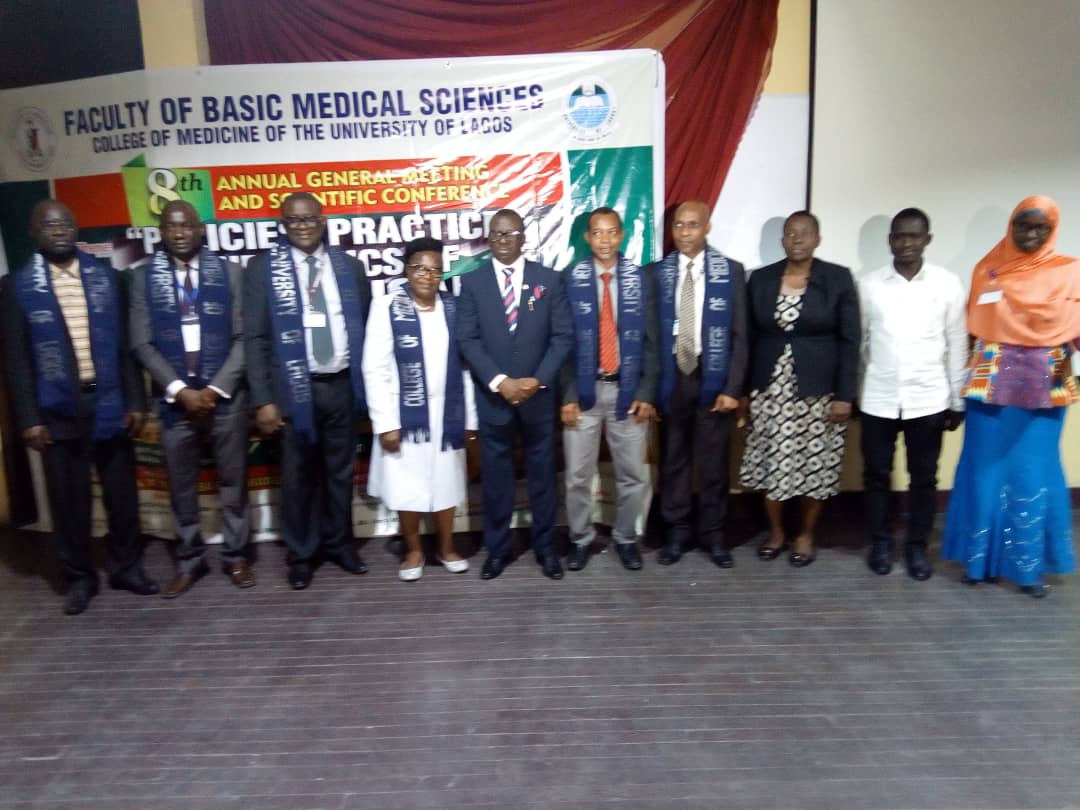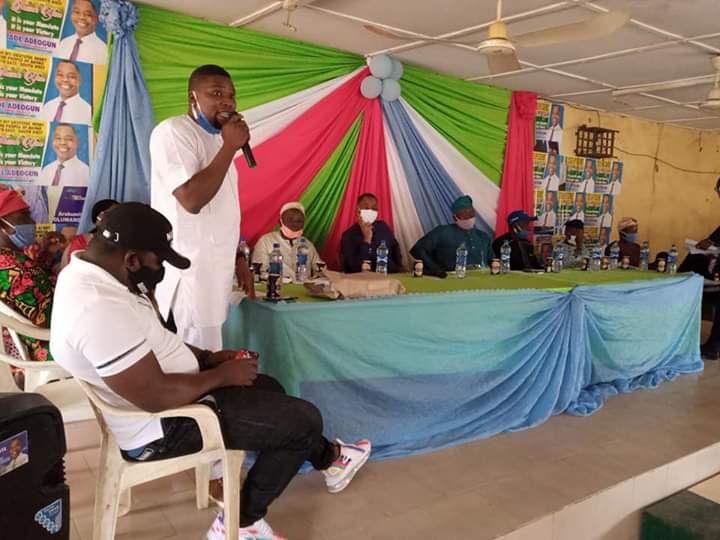 Prof. Ebenezer Farombi, Head, Department of Biochemistry, University of Ibadan has cautioned researchers against unethical conduct of research as technology advances at an ever-increasing rate.
Prof. Ebenezer Farombi, Head, Department of Biochemistry, University of Ibadan has cautioned researchers against unethical conduct of research as technology advances at an ever-increasing rate.
He gave the warning on Friday in Lagos at the University Teaching Hospital (LUTH) during the 8th Annual General Meeting and Scientific Conference of Faculty of Basic Medical Sciences.
He said they must adhere strictly to the ethical conduct for its has become a cornerstone for conducting effective and meaningful research.
Farombi said the ethical behavior of individual researchers is under unprecedented scrutiny, as such, honesty is an important aspect that a scientific researcher needs to consider in carrying out research.
He said this has become imperative for scientists to inculcate a habit of ethical conduct as it is critical to a promotion, find employment, obtain research grants, disseminate important findings, and generally to be a successful and respected scientific professional.
He warned that any breach of integrity during the execution of a research study, whether it be unintentional errors or outright falsification of the data, seriously weakens or even invalidates such research.
Farombi added that scientific misconduct not only impacts the perpetrator’s career, rather the effects of unethical conduct can go far beyond the individuals directly associated with the case, having far-reaching implications for public health.
“Researcher must always strive for honesty in all scientific communications on report data, results, methods, procedures and publication status with no fabricate, falsify, or misrepresent data. Do not deceive colleagues, research sponsors, or the public.
“Researchers must avoid careless errors and negligence; carefully and critically examine your own work and the work of your peers.
“Keep good records of research activities, such as data collection, research design, and correspondence with agencies or journals,’’ he said.
Farombi, challenged researchers to always strive to do their work in ways that are safe for both the environment and for the health of all who may be affected.
The Prof. stressed that they have a responsibility to understand the health, safety and environmental impacts of their work, to recognise the constraints of limited resources, and to develop sustainable products and processes that protect the health, safety, and prosperity of future generations.
He, however, called for collaborative research between different groups, among institutions from different institutions and countries.
The Prof said the collaborative efforts are becoming a global issue due to advances in information-sharing technology leading to increased efficiency Collaborative working with other benefits.
The Prof said that so much investment needs to be put into the profession to bring into a bear that traditional and innovative process was required.
 The New Experience Newspapers Online News Indepth, Analysis and More
The New Experience Newspapers Online News Indepth, Analysis and More
